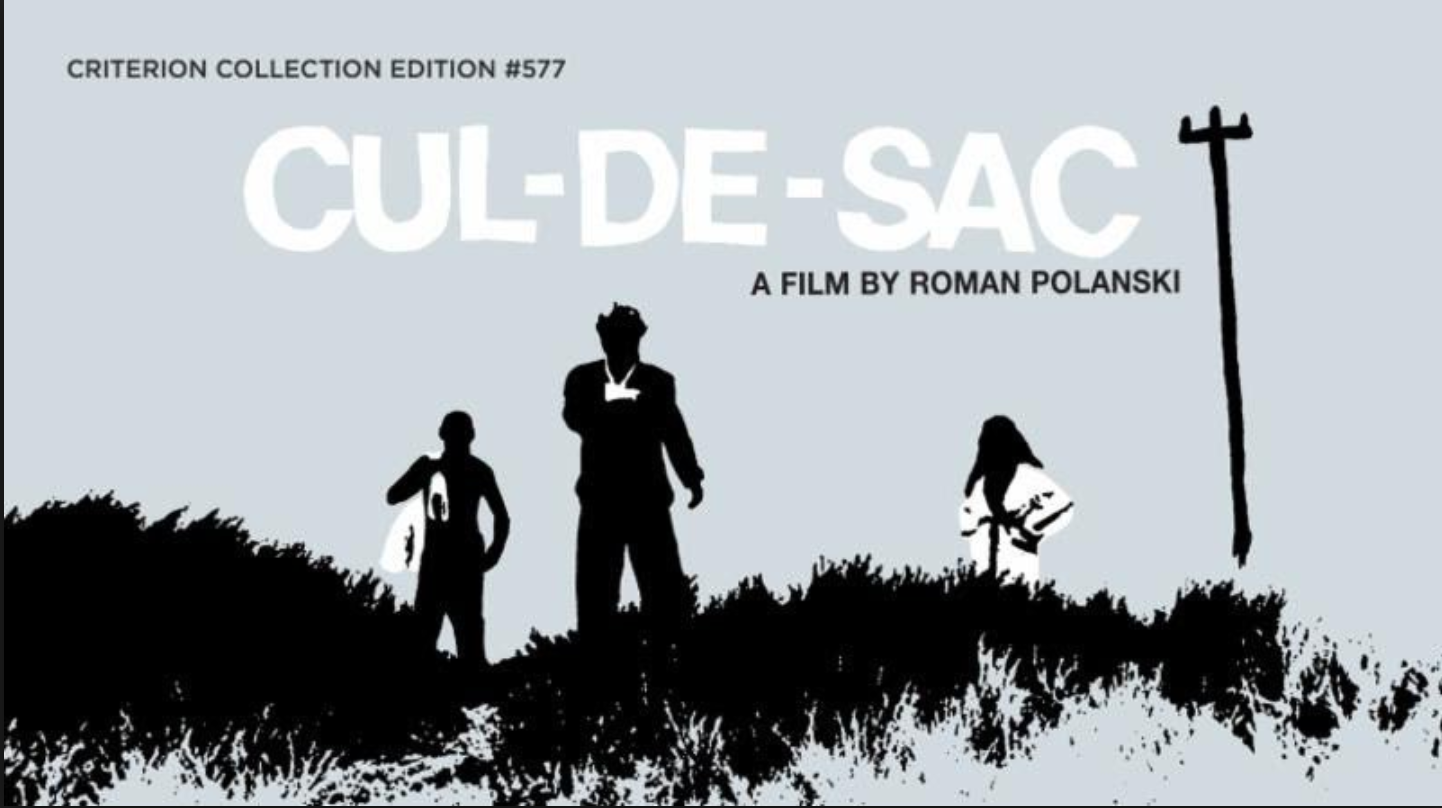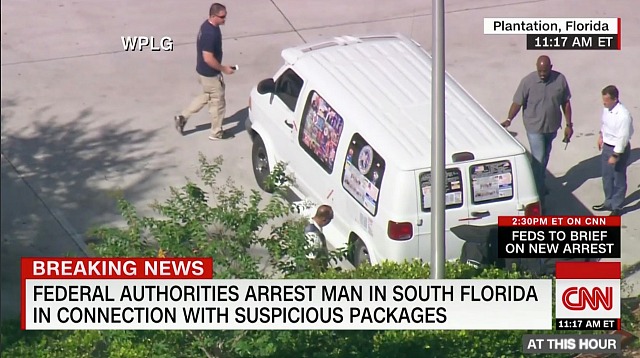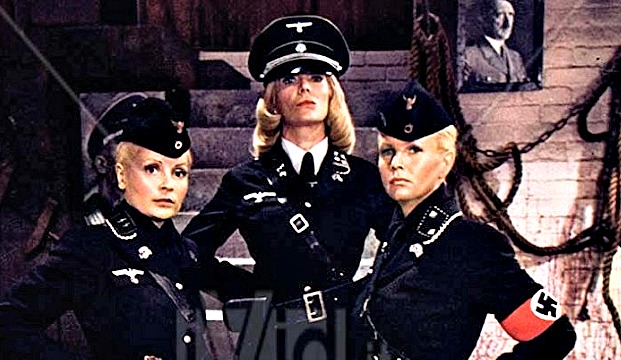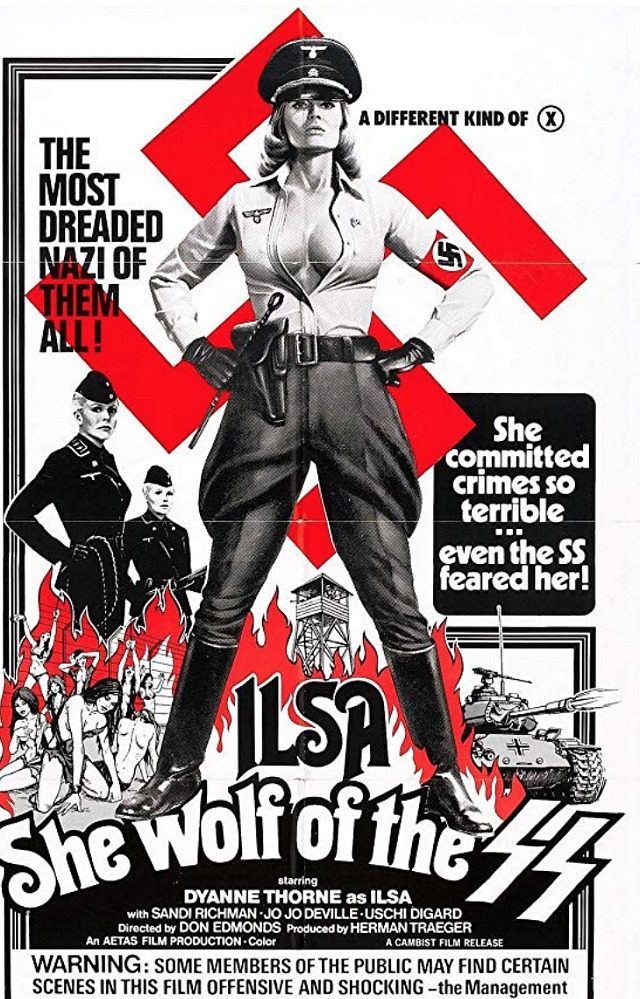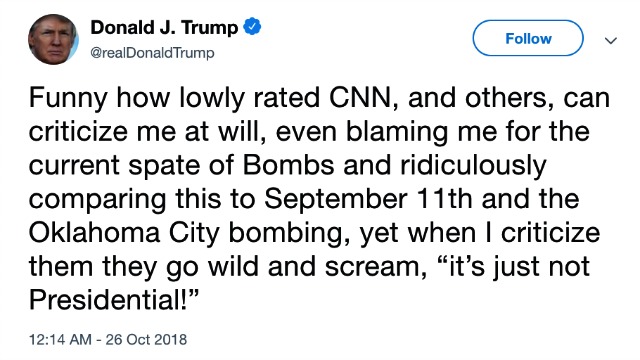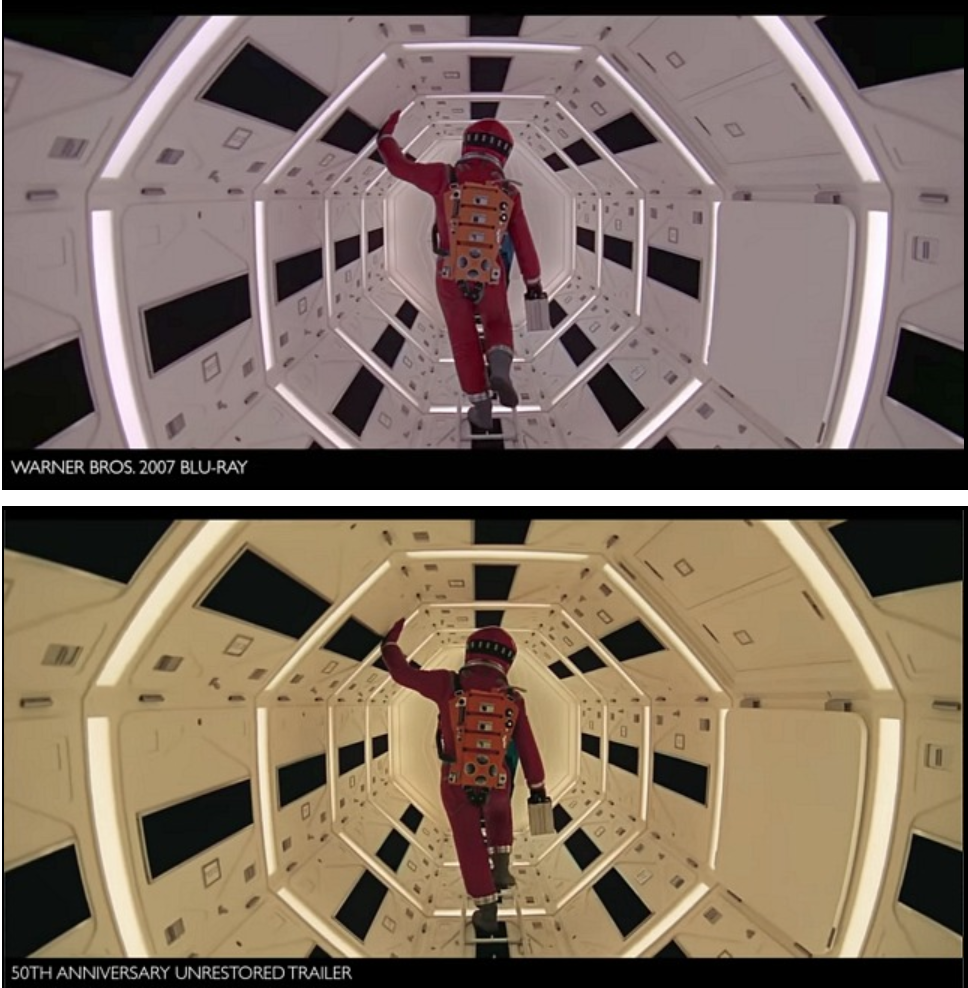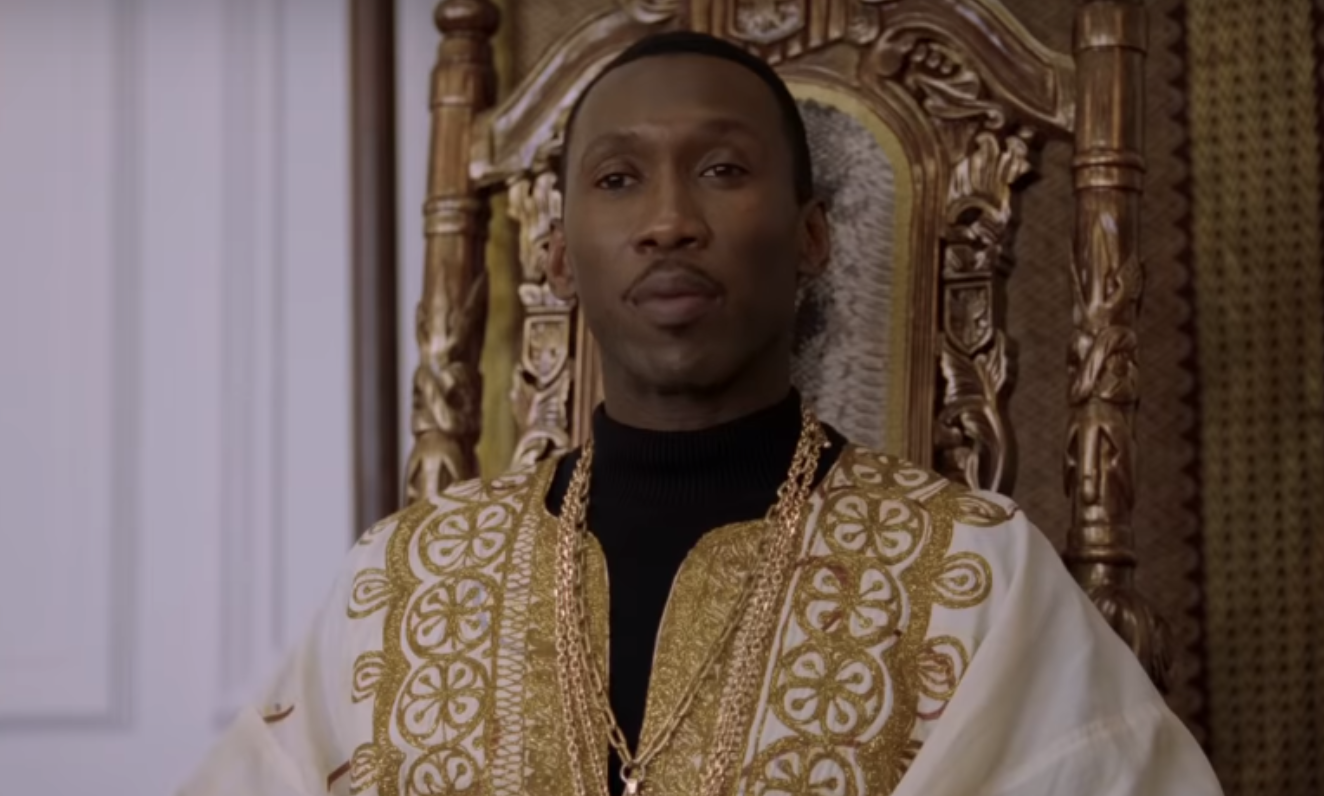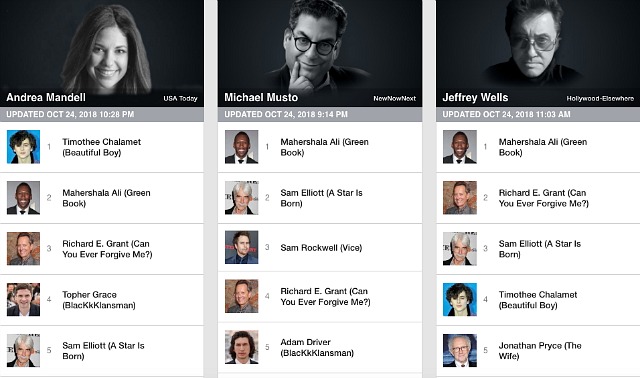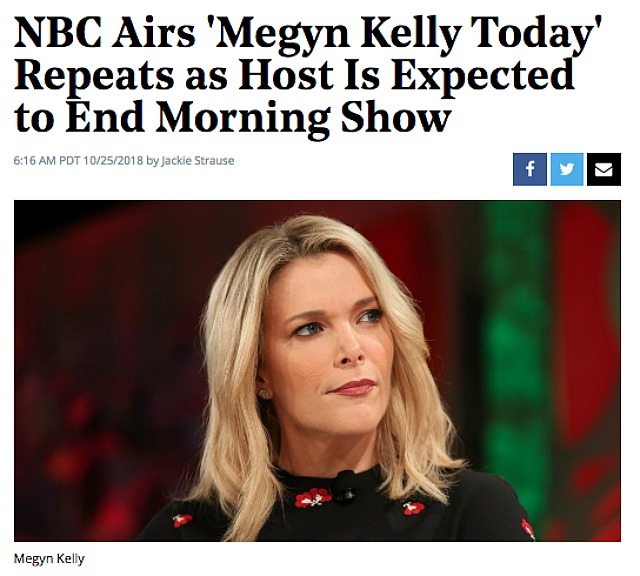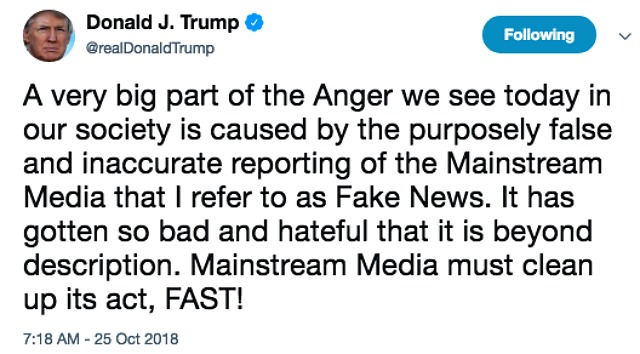AT&T, owner of WarnerMedia, Turner and Warner Bros. Digital Networks, is shutting down Filmstruck because it isn’t making enough money. I only just signed up for the service in mid-August, buying a full year’s subscription, and now it’s toast? Filmstruck will disappear on 11.29.18.
A Variety story, quoting a source familiar with AT&T’s strategy, is reporting that AT&T “is looking to eliminate peripheral projects that aren’t major producers of revenue.” Fucking weasels. Soulless corporate dicks. How about serving that portion of the public that really likes having pay services like Filmstruck and the Criterion Channel?
So how do I get my money back? Filmstruck’s farewell message says that “all current FilmStruck subscribers will receive an email with details about your account and the refund process as applicable. Please see the options below for more information or email the customer service team at help@filmstruck.com.”


